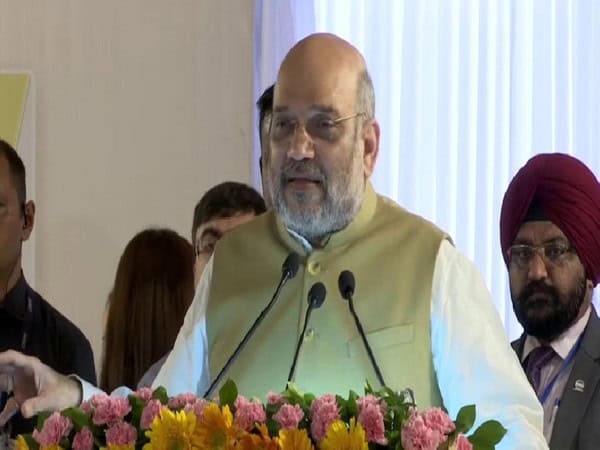Lucknow: Union Home Minister Amit Shah on Friday said the Central government was in the process of bringing changes in the Indian Penal Code (IPC) and Code of Criminal Procedure (CRPC).
He sought suggestions from policemen to make criminal codes “public-oriented”.
Speaking at the 47th All India Police Science Congress here, Shah said ordinary policemen who deal with several types of crimes on a daily basis should come forward to suggest changes in the Indian Penal Code and Criminal Procedure Code (CRPC).
“Police inspectors to officers at upper echelons should send suggestions as to how we can make them (IPC and CRPC) simple, public-oriented, and ensure maximum punishment for a crime,” the Home Minister said.
He said that the states should invite suggestions from the police and form a screening committee to look into them. “Frame suggestions as codes and sections and send it to the Home Ministry,” he told the police officers present at the event.
The Home Minister said the Bureau Of Police Research And Development (BPR&D) has already sent a draft of the suggested changes in the criminal codes. “But your advice is still welcome. I am in no haste,” he said.
Pointing out that sections of the CRPC and IPC were drawn up during British rule, Shah said, “IPC and CrPC were framed by a regime to control the populace under its dominion. People of our country were not their (rulers’) priority but it was to keep their rule running.”
“Now we are free. These are our own citizens. That approach cannot continue and that approach cannot change until the law — IPC and CRPC do not change,” he continued.
Indian Express quoted Shah as saying, “Killing another human being should be the most heinous crime and for that there is Section 302 in IPC. But as per the present system, sections for offences like loot of property or rebellion against the state come before murder” Shah is quoted to have said.
Amit Shah stressed the need for better coordination between the state and central agencies to effectively implement Citizenship Amendment Bill and National Register of Citizens (NRC).

